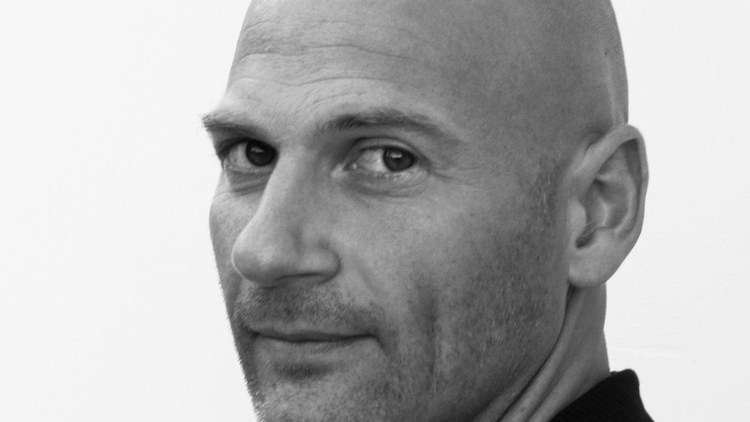
Please note: This event took place in Nov 2015
Iain Sinclair, poet, writer and filmmaker, is one of our best writers on cities and places. He takes a walk every day. He talks about his recent work and what he has learned about cities and places and what this means for the future with Matthew Beaumont, author of Nightwalking: A Nocturnal History of London, the first instalment of an attempt to reconstruct a cultural history of the city at night, from the Middle Ages to the present. They are in discussion with Lauren Elkin (author of the forthcoming Flâneuse: The (Feminine) Art of Walking in Cities).
Speaker biographies:
Iain Sinclair is a writer, poet, filmmaker, editor and playwright. Much of his work has revolved around ideas of psychogeography, particularly that surrounding London. His non-fiction works include Lights Out for the Territory: 9 Excursions in the Secret History of London (1997); London Orbital: A Walk Around the M25; Hackney, That Rose-Red Empire: A Confidential Report; and American Smoke: Journeys to the End of the Light. His novels include Downriver (winner of the James Tait Black Memorial Prize and the Encore Award); Landor's Tower; and Dining on Stones.
Matthew Beaumont studied English at Lady Margaret Hall, Oxford, before doing an MSt and DPhil at Linacre College, Oxford. He was a Research Fellow at Keble College, Oxford, and a Teaching Fellow at Pembroke College, Oxford, before becoming a lecturer at UCL in 2005, and a Senior Lecturer in 2008. In 2013, he became a Co-Director of UCL's Urban Lab, where he is responsible for the Cities Imaginaries strand. His research interests currently centre on various aspects of the metropolitan city, especially at nighttime. His most recent book is Nightwalking: A Nocturnal History of London, Chaucer to Dickens (Verso, 2015), the first installment of an attempt to reconstruct a cultural history of the city at night, from the Middle Ages to the present.